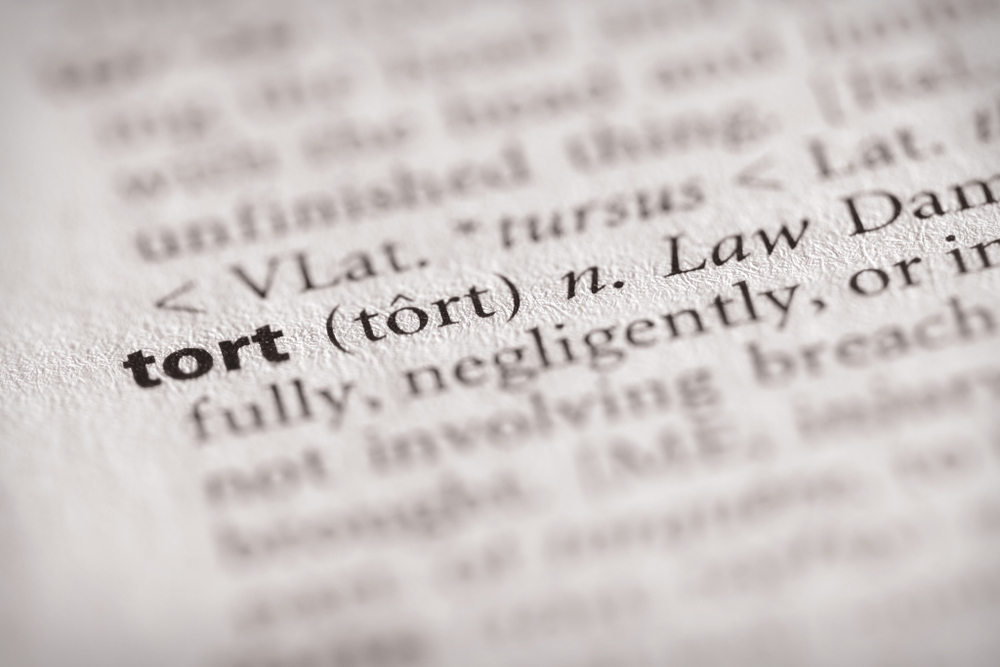Hybrid Medical Device Preemption and an Important Personal Jurisdiction Reference to Bristol-Myers Squibb v. Superior Court

The Third Circuit recently clarified an important express preemption defense for medical device manufacturers in Shuker v. Smith & Nephew, PLC, __ F.3d __ (3rd. Cir. 2018). Medical devices are classified into different classes. Class III devices are subject to more pre-approval scrutiny than Class I & II devices and, as a result, Congress provided for express preemption for Class III devices that have passed that scrutiny. The Medical Device Amendments of 1976 prohibit any state requirement that "'is different from, or in addition to,' any federal requirement and that relates 'either to the safety or effectiveness of the device' or 'to any other matter’ included in a federal requirement applicable to the device." Shuker, __ F.3d at __, quoting 21 U.S.C. 360K(a).
In Shuker, the subject of the lawsuit was a hybrid medical device system that incorporated both Class II and III devices. The Third Circuit determined that a hybrid system must be analyzed at a "component level," and after a component level analysis determined that the Class III approval of one of the components preempted strict liability claims. The decision provides some needed structure to the law of express preemption as to hybrid medical devices.
The Third Circuit also discussed the stream of commerce theory of personal jurisdiction in light of Bristol-Myers Squibb Co. v. Superior Court, 137 S. Ct. 1773, 1783 (2017). The Court said:
We perceive no merit in the [Plaintiffs'] stream-of-commerce theory of personal jurisdiction. That theory sounds in specific personal jurisdiction, which exists when alleged injuries "arise out of or relate to" activities "purposefully directed" by a defendant toward residents of the forum state. Metcalfe v. Renaissance Marine, Inc., 566 F.3d 324, 334 (3d Cir. 2009). The stream-of-commerce theory contends, essentially, that specific personal jurisdiction exists over a non-resident defendant when that defendant "has injected its goods into the forum state indirectly via the so-called stream of commerce," rendering it foreseeable that one of the defendant's goods could cause injury in the forum state. D'Jamoos, 566 F. 3d at 104-05.
A plurality of Supreme Court Justices has twice rejected the stream-of-commerce theory, see J. McIntyre Mach., Ltd. v. Nicastro, 564 U.S. 873, 877-85 (2011) (plurality opinion); Asahi Metal Indus. Co. v. Superior Court, 480 U.S. 102, 108-13 (1987) (plurality opinion), stating, in a manner consistent with our own case law, that plaintiffs must instead rely on "some act by which the defendant purposefully avails itself of the privilege of conducting activities within the forum State, thus invoking the benefits and protections of its laws," Asahi, 480 U.S. at 109; see D'Jamoos, 566 F.3d at 102-03. Indeed, the Supreme Court has recently held that "[t]he bare fact that [a non-resident defendant] contracted with a [resident] distributor is not enough to establish personal jurisdiction in the State." Bristol-Myers Squibb Co. v. Superior Court, 137 S. Ct. 1773, 1783 (2017). We thus have no cause to revisit our Court's precedent on this issue, and we decline to adopt the [Plaintiffs'] stream-of-commerce theory of specific personal jurisdiction. See D'Jamoos, 566 F.3d at 102-06.
The Third Circuit opinion is an important express rejection of the stream of commerce theory of personal jurisdiction, particularly referencing Bristol-Myers Squibb Co. v. Superior Court, 137 S. Ct. 1773, 1783 (2017).
To learn more about this post or any other litigation matter, feel free to contact me, Steven A. Karg, at sakarg@nmmlaw.com.




